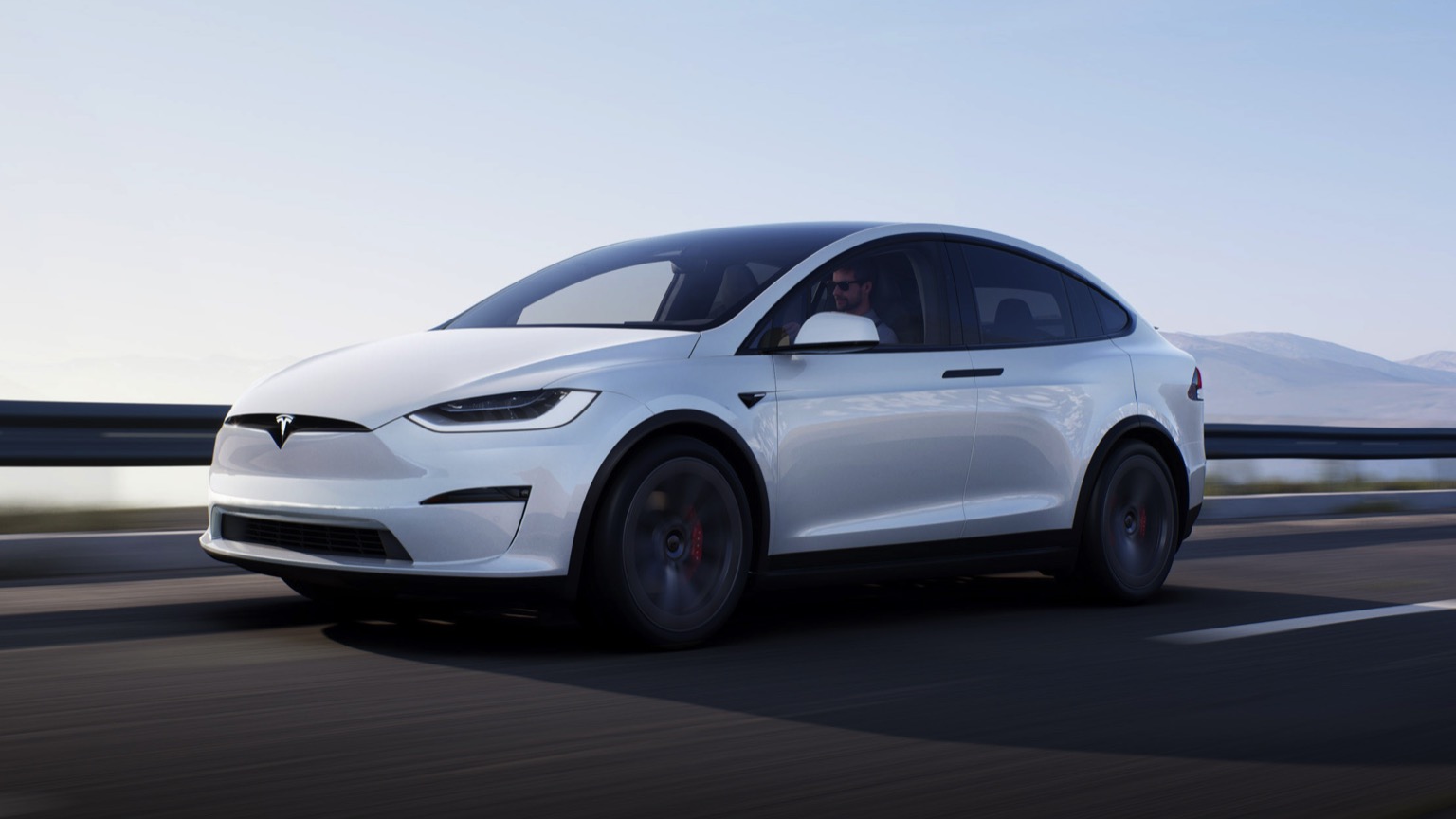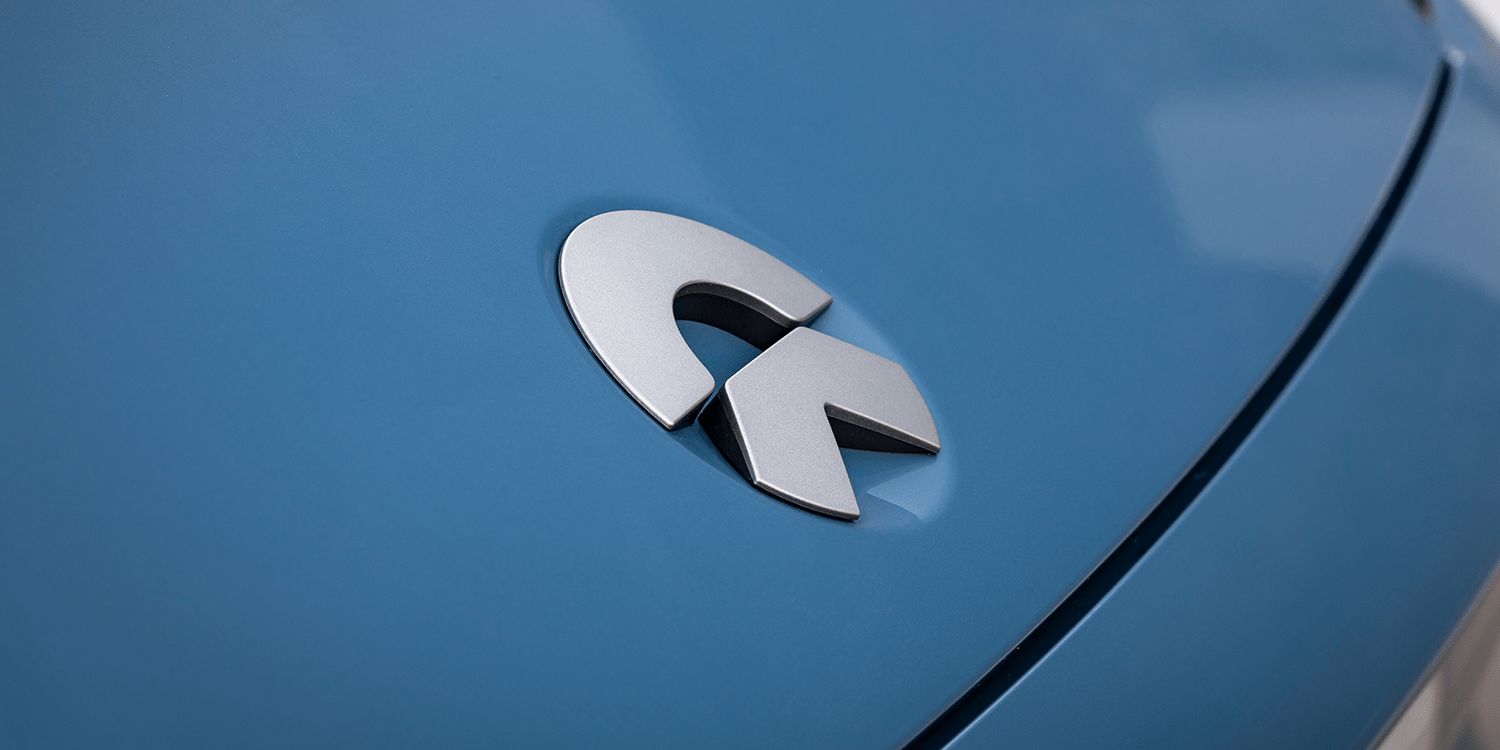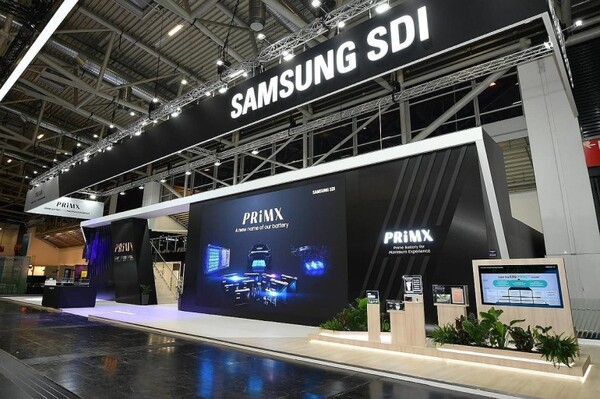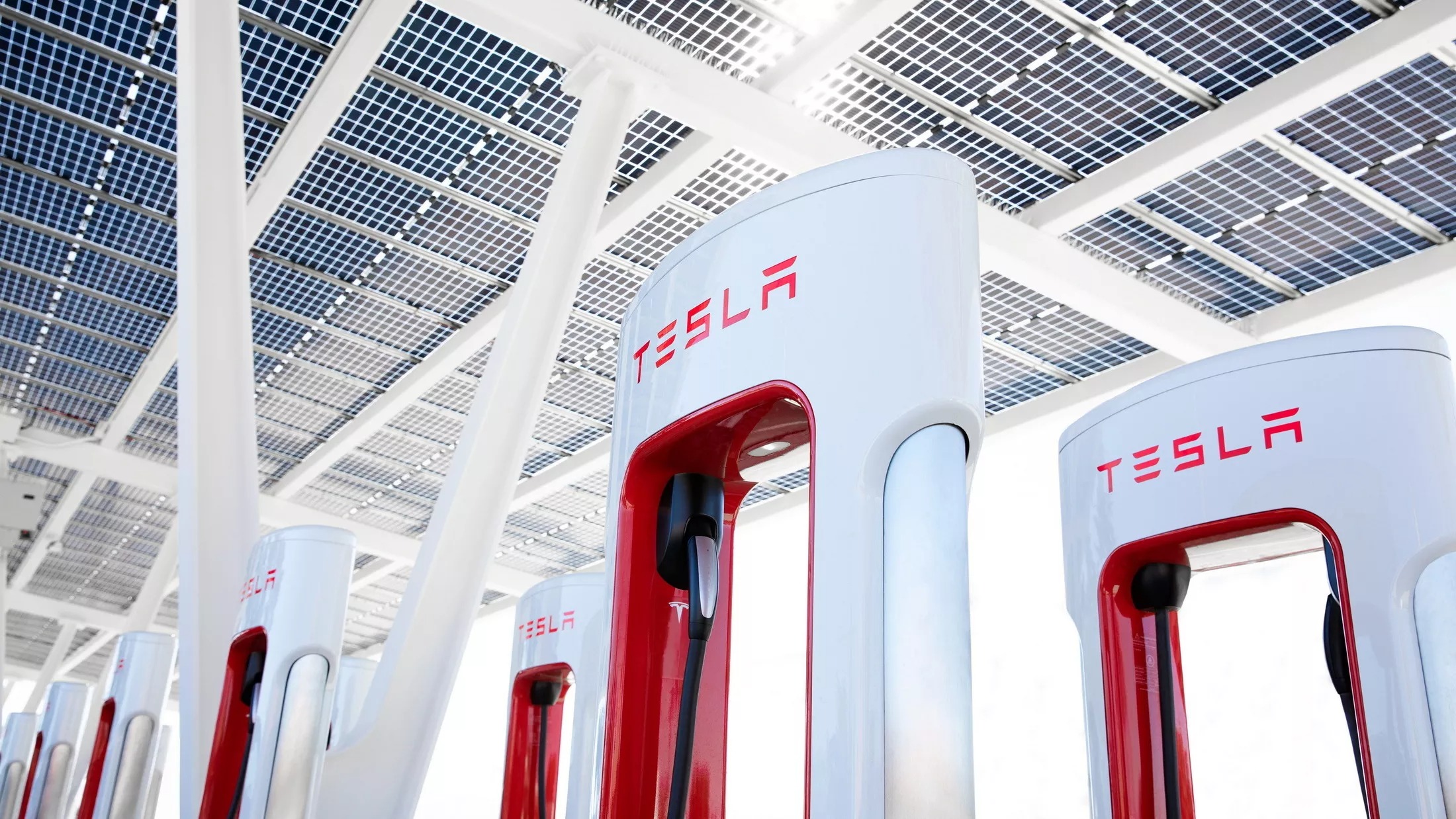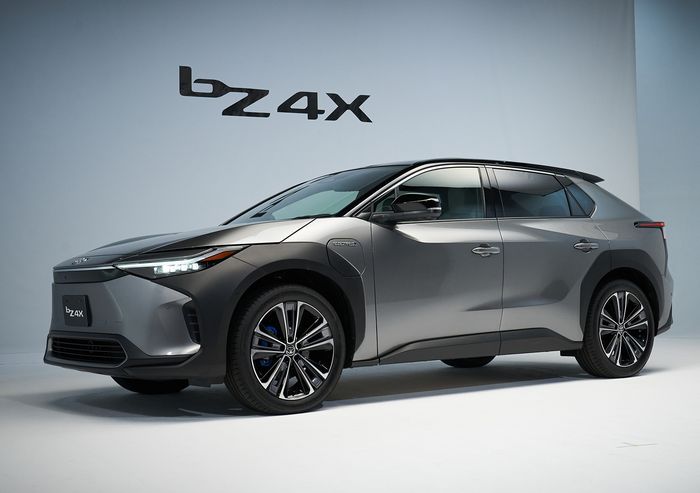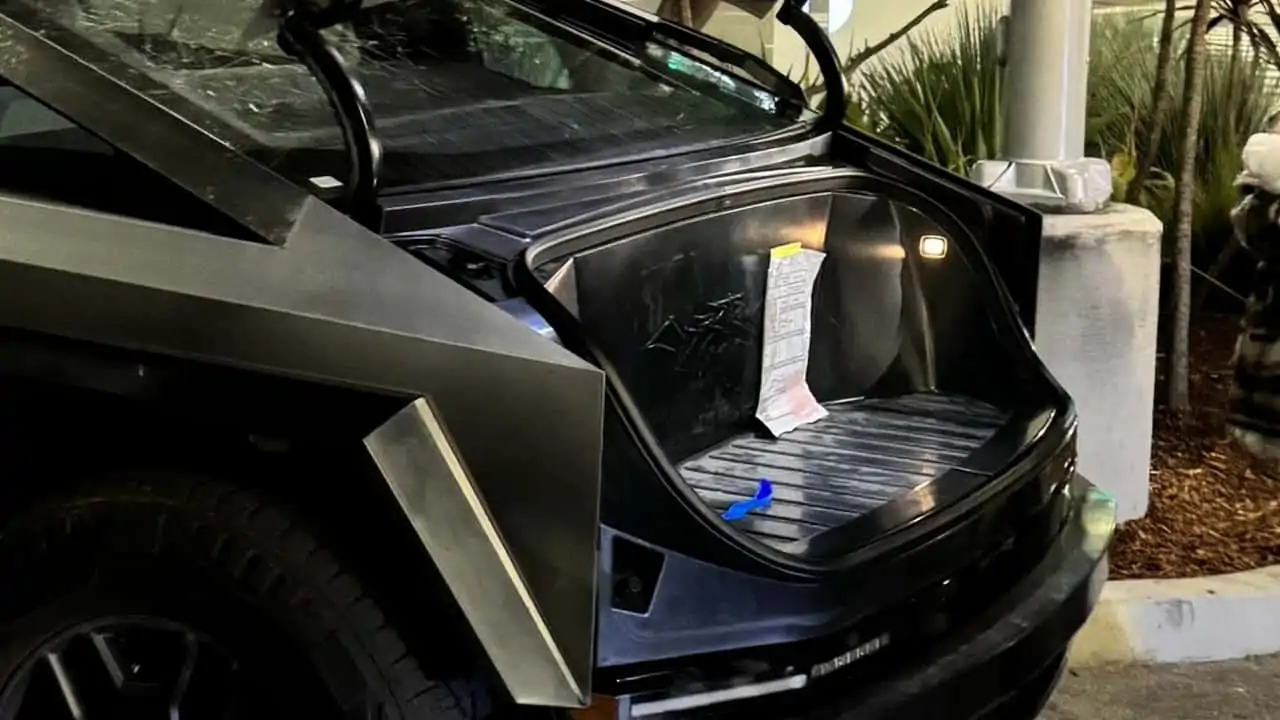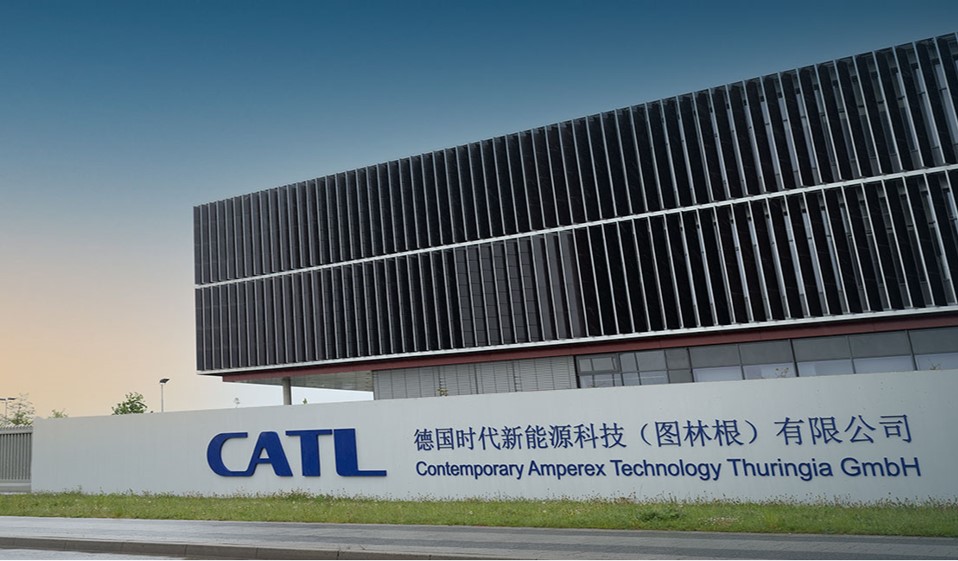Tesla has issued a recall for 4,787 imported Model X electric vehicles in China due to concerns related to brake fluid sensor calibration. The recall, initiated on October 20, 2023, was announced by China’s State Administration for Market Regulation (SAMR). The affected vehicles, produced between October 13, 2021, and September 28, 2023, may not adequately alert drivers to low brake fluid levels due to issues with the calibration range of the brake fluid level sensor signal received by the vehicle controller.
The safety concern stems from the possibility that this failure to alert drivers could compromise the vehicle’s braking system, potentially increasing the risk of accidents. Tesla aims to resolve this issue by offering a free software update, primarily delivered over-the-air (OTA) technology, to upgrade the affected vehicles to version 2023.32.9 or a later release. This update will ensure that the calibration range of the brake fluid sensor signal received by the vehicle controller is corrected, allowing for the accurate issuance of alerts when brake fluid levels are low.
For vehicles that cannot receive the OTA update, Tesla will proactively reach out to users to facilitate the necessary software upgrade at no cost. This recall marks the latest in a series of actions taken by Tesla in China to address safety concerns. In August 2023, the company recalled 271 imported Model S and Model X vehicles in China due to seat belt and camera installation issues.
In a previous instance, in May, Tesla recalled over 1.1 million vehicles in China, addressing issues related to regenerative braking strategies through OTA updates. Notably, Tesla’s high-end Model S and Model X vehicles are not produced in China but are imported.
Tesla operates a prominent factory in Shanghai, often referred to as Giga Shanghai, which is the company’s largest production facility worldwide, with an annual capacity exceeding 950,000 vehicles. This plant, which commenced operations in late 2019, began delivering locally produced Model 3 vehicles in January 2020, followed by the locally produced Model Y in January 2021.
In the period from January to September 2023, Tesla achieved significant growth in the Chinese market, delivering 433,729 vehicles, reflecting a 36.33 percent year-on-year increase, according to data from the China Passenger Car Association (CPCA).

